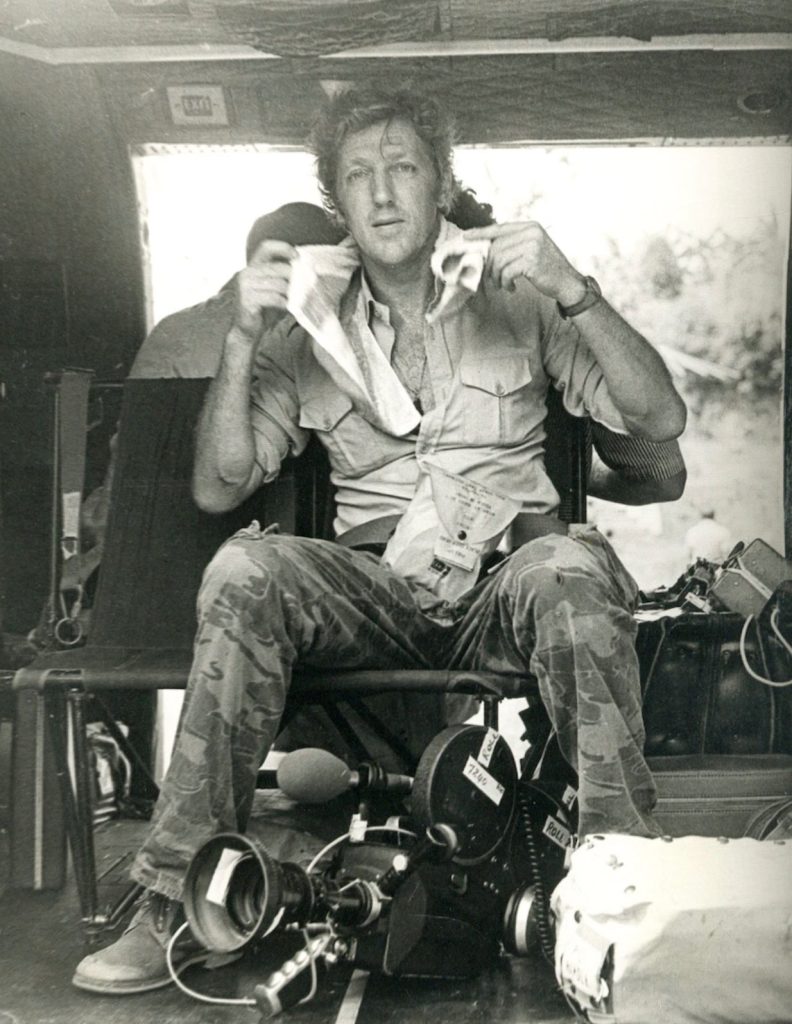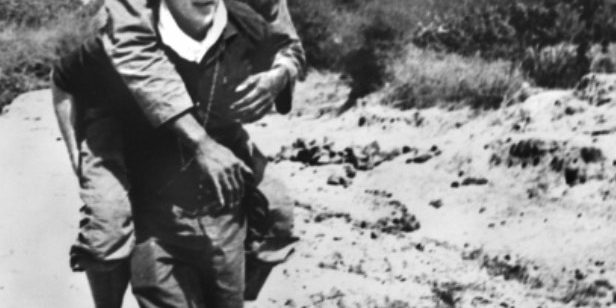After 10 years without reading a single book I started reading again in July last year when my sister recommended I read something that would help me out of an acute mental rut, which it did. I read a couple of additional self-help books after that, then Dad gifted me a book for Christmas that sent me down a Philosophical rabbit hole of half a dozen super interesting reads.
My mate James handed me a book early in the year he thought I might like, which I finally got to reading just now.
“One Crowded Hour” by Tim Bowden (Tim still kicking at 86).
I want to ponder on the title of the book more than the book itself.
One Crowded Hour is a thrilling journey through the life of one of Australia’s most courageous journalists. Infused with vivid storytelling and heartfelt emotion, Tim takes us on a ride through the tumultuous world of war reporting, leaving us with a profound appreciation for the power of journalism and the human spirit.
At the core of this book lies the remarkable story of Neil Davis, a fearless journalist who dedicated his life to covering some of the most dangerous and significant events of the 20th century (mainly the Vietnam War – and what a cluster fuck that was). It’s a look into the mind of a man who risked his life to bear witness to the world’s most harrowing events.
“As I lay there half-reclining, with blood streaming down from my head and hands, a North Vietnamese soldier appeared literally a metre away over a slight rise. My first reaction was, ‘What a fantastic shot!’ I looked down to adjust the focus and swing the turret of the camera onto a wide-angle lens. I mean, there was this man coming to kill me, and my first reaction was to get onto the right lens to get this dramatic shot.”
Published in the 80s Tim paints Neil favorably as an Aussie Larrykin, a womanising pisshead and a gambler. He is a super likeable character and while passages like the above suggest he’s reckless, I don’t believe his intention was to be careless, he wanted to be the best at his discipline and at that time he may well have been.
Neil is a super-intelligent guy, an athlete and a cameraman who delivers. In Vietnam, Davis chose to film the war from the South Vietnamese perspective, crossing, on one occasion, to film from the Viet Cong side. Davis’s main preoccupation was with filming the effects of war and combat on individuals.
Neil famously captured the Fall Of Saigon.
He was severely wounded on several occasions, he was briefly imprisoned in Syria and was killed by shrapnel while filming a coup in Bangkok.
What I liked about Davis the most was that he was a philanthropist who gave generously to victims of the war. He did this while avoiding recognition.

“One Crowded Hour.” Neil wrote these three words in every work diary he kept in Southeast Asia.
This line is from the eleventh stanza of a poem, ‘Sound, sound the Clarion, fill the fife, One crowded hour of glorious life, is worth an age without a name.” Attributed to Thomas Osbert Mordaunt, an English poet and soldier who lived in the 18th century.
What does this quote mean to you; “One crowded hour of glorious life, is worth an age without a name?” This is what Neil must have aligned himself with if he wrote it in each consecutive diary.
To me, the quote essentially expresses the idea that a short period of intense, exciting, and meaningful experiences is more valuable and memorable than living a long life without achieving anything significant or leaving a lasting legacy. It emphasizes the importance of making the most of the time we have and seizing opportunities for greatness and adventure rather than simply existing without purpose or achievement. In essence, it encourages a focus on quality over quantity when it comes to life experiences and accomplishments.
Do you think I have interpreted the quote correctly?
Do you align with your own interpretation of the quote or are you against it?



